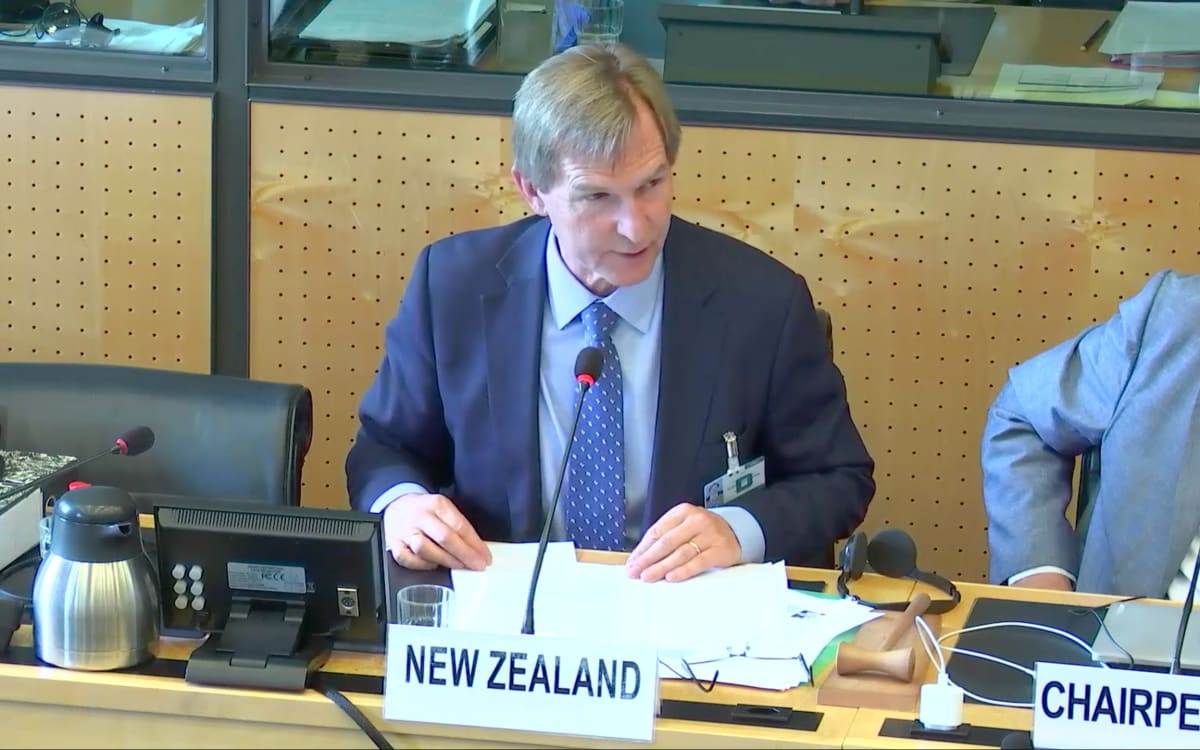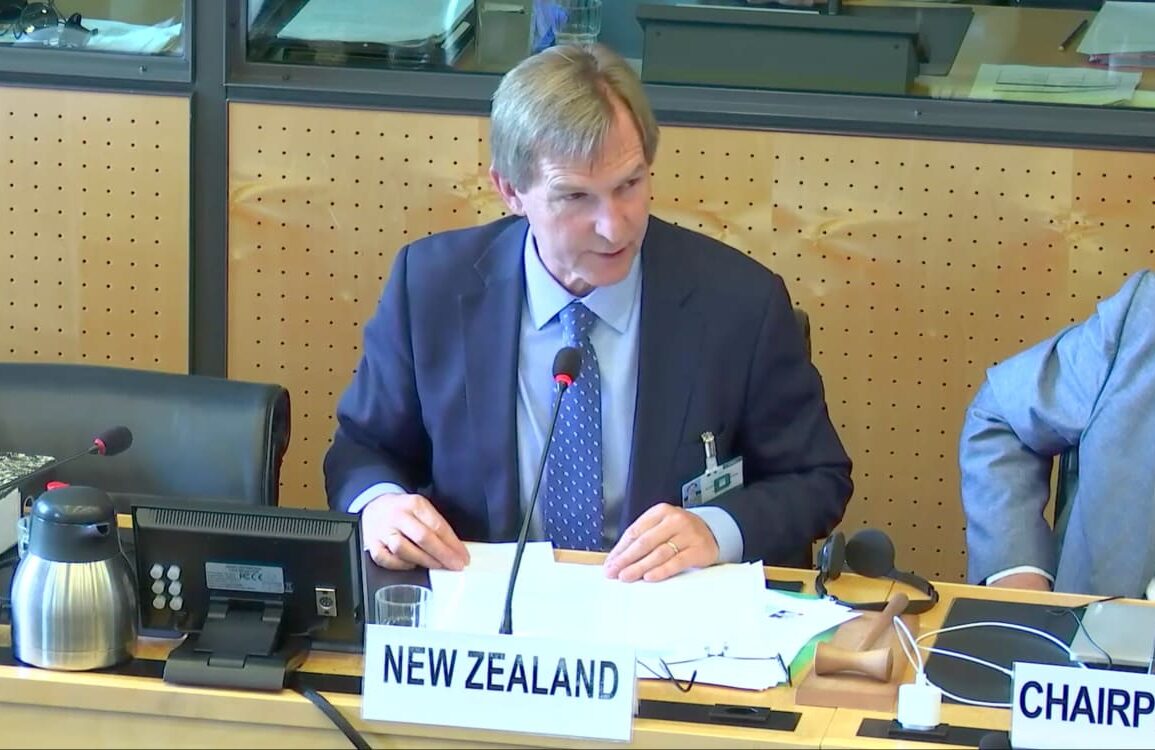
Justice
The United Nations is extremely concerned by the high number of people detained in New Zealand with mental illness and intellectual disabilities that are not being managed well
The UN Committee against Torture has just published its findings on New Zealand after in-person hearings earlier this month.
The committee said though it acknowledged efforts by the Government to improve prison conditions and the development of a strategy to improve mental health services for prisoners, there remained a number of troubling problems.
READ MORE:
* Expert urges Government to set up specialist mental health court
* Clock ticks for mental health response decision
“The committee is concerned about reports that overcrowding, poor material conditions and staff shortages remain a problem in many places of detention. It is also concerned at reports that, in a number of places of deprivation of liberty, health-care services, in particular mental health services, remain inadequate, and that recreational and educational activities to foster rehabilitation of detainees remain limited.
“Finally, it remains concerned at reports indicating a high rate of incarceration of inmates with disabilities, in particular intellectual or psychosocial disabilities, and that correctional institutions lack the appropriate capacity, resources and infrastructure to manage mental health conditions.”
It called out New Zealand for not implementing recommendations handed down in 2015 regarding the use of seclusion in mental health facilities.
It said this should only be used as a last resort, for as short a time as possible, and again called for the banning of solitary confinement for young people, persons with intellectual or psychosocial disabilities and pregnant women.
It also raised a red flag over provisions in the Intellectual Disability (Compulsory Care and Rehabilitation) Act that allow for disabled people to be detained for periods of time exceeding the maximum length of the sentence they would be liable to in the criminal justice system.
It recommended repealing this part of the law.
A recent report from the independent Office of the Inspectorate found almost a third of prisoners had spent some time in solitary confinement with some there for months or years without contact with any other prisoners.
The committee said solitary should only be used in exceptional cases as a last resort, for as short a time as possible (and in no case more than 15 consecutive days for adults).
Most of the prison population requires some form of mental health intervention.
“It is further concerned at reported arbitrary practices, which disproportionately affect Māori and Pasifika inmates and inmates with intellectual or psychosocial disabilities, in particular the continued use of prolonged and indefinite solitary confinement, the use of spit hoods and pepper spray, including in confined spaces and on vulnerable prisoners, as well as excessive use of various means of physical or chemical restraint, especially in prisoners of extreme risk units,” the committee’s concluding observations read.
The Ombudsman has also called for an immediate ban on the use of spit hoods on vulnerable prisoners after an inspection at Christchurch Women’s Prison revealed one had been used on a young prisoner with complex mental health problems.
The committee also remained unhappy with New Zealand’s high remand prison population, saying “pre-trial detention” should only be used in exceptional circumstances and for a limited time.
Forecasting predicts the prison population will increase again, after reducing for a number of years, because of the remand population.
It has called again on New Zealand to raised the age of criminal responsibility from 10 to 14, in line with the Convention against Torture as well as explicitly prohibit force, including physical restraints and the use of pepper spray and spit hoods against children and immediately end the practice of solitary confinement for children.
Amnesty International Aotearoa campaigns director Lisa Woods said the report showed a clear pattern of human rights issues across the justice system.
“Among the many issues highlighted by the committee in their latest review are the very low age of criminal responsibility in this country, and the shocking use of spit hoods against minors. New Zealand’s current age of criminal responsibility flies in the face of children’s rights and ignores the evidence that punitive approaches don’t work to reduce youth re-offending.
“Spit hoods can pose a serious health risk to young people, many of whom may have already experienced unspeakable trauma in their early lives. These issues point to our broader concern that our current youth justice system is causing unacceptable harm to children, young people and their wider communities.”
The committee was also “seriously concerned” that no individual had been investigated or held accountable for the numerous allegations of torture and ill-treatment in institutions linked to the Royal Commission of Inquiry into state and faith-based care such as Lake Alice, and that full redress, including compensation and rehabilitation, for victims had not been provided.
New Zealand will next go before the committee in 2027.
This post was originally published on this site be sure to check out more of their content.







